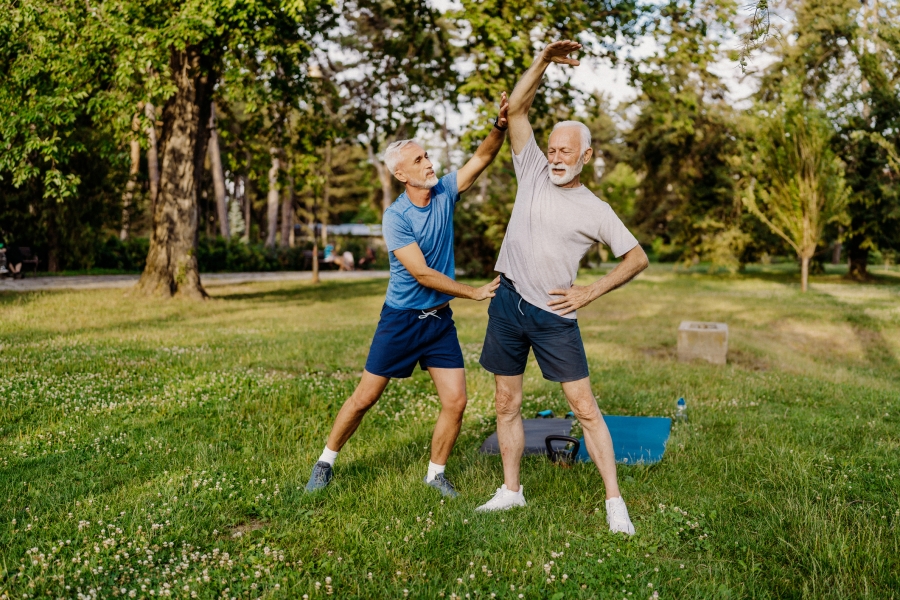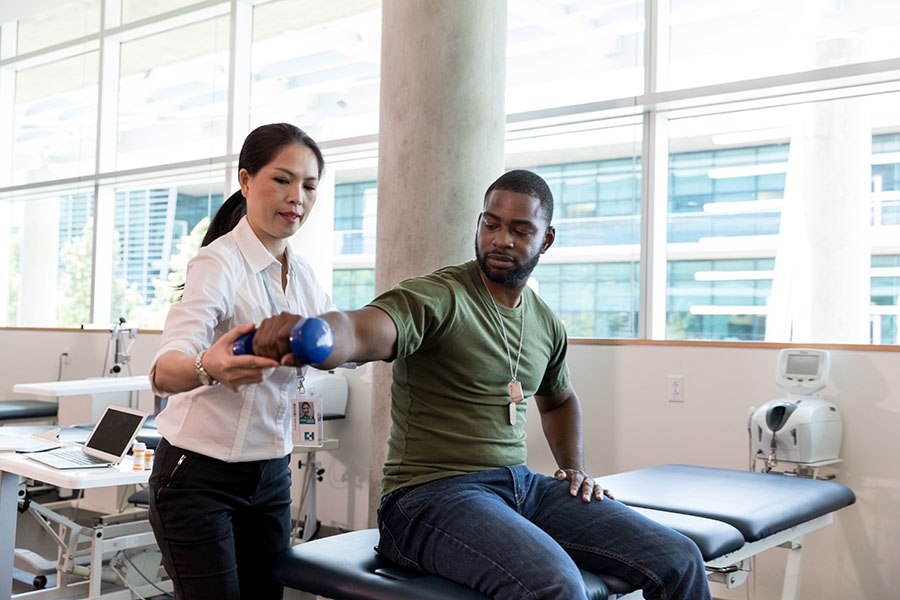Nearly 500,000 Americans are treated for burn injuries every year, according to the American Burn Association. Most of these burns can be prevented by taking some simple precautions and making a few small changes in your home or at work.
The following are the most common types of burns that can happen at home, and some tips on how to prevent them.
Jump to:
Scald Burns
Scald burns can happen to anyone. But young children, older adults and people with disabilities are most likely to suffer these burns.
Scald burns most commonly happen in the home — usually while preparing or serving food, or when taking a hot bath or shower.
To prevent scald burns:
- Set the water heater temperature to no higher than 120 degrees, or just below the medium setting.
- Create a “No Kid Zone” around the oven and kitchen counters where hot items may be.
- Do not leave anything hot on a table within reach of young children.
- Keep pots and pans on the back burner with handles turned away from the edge of the stove.
-
Use oven mitts when cooking or handling hot food or drinks.
-
Open containers that have been heated in the microwave away from you to prevent hot steam from hitting you.
-
Use a travel mug with a tight-fitting lid for all hot drinks.
-
Always run bathwater for children and test how hot it is before the child gets in the bathtub. Never leave a child unattended in the bathtub.

